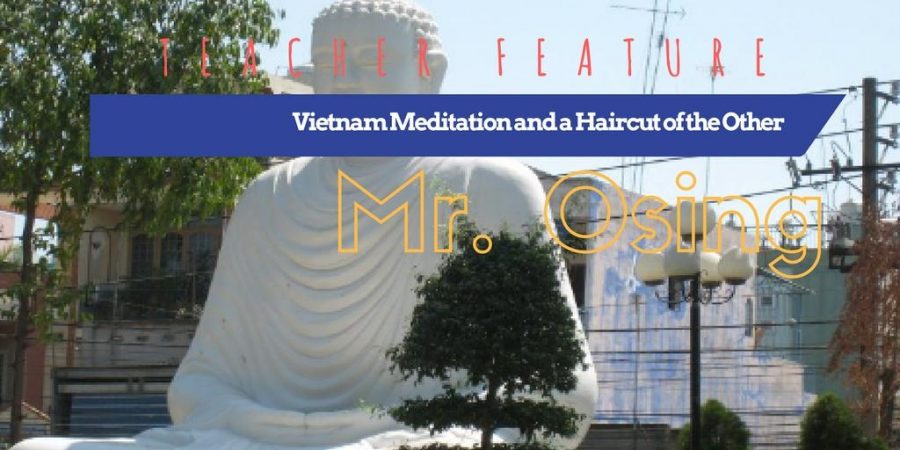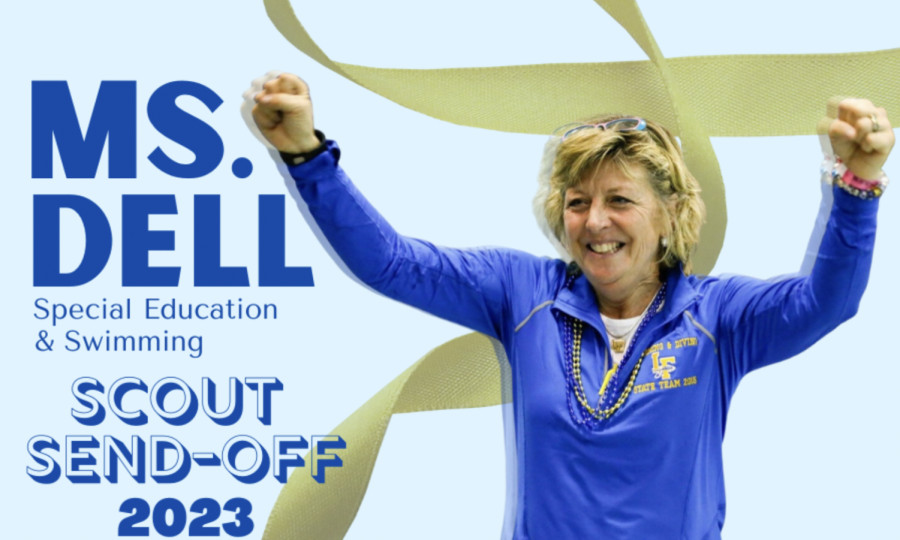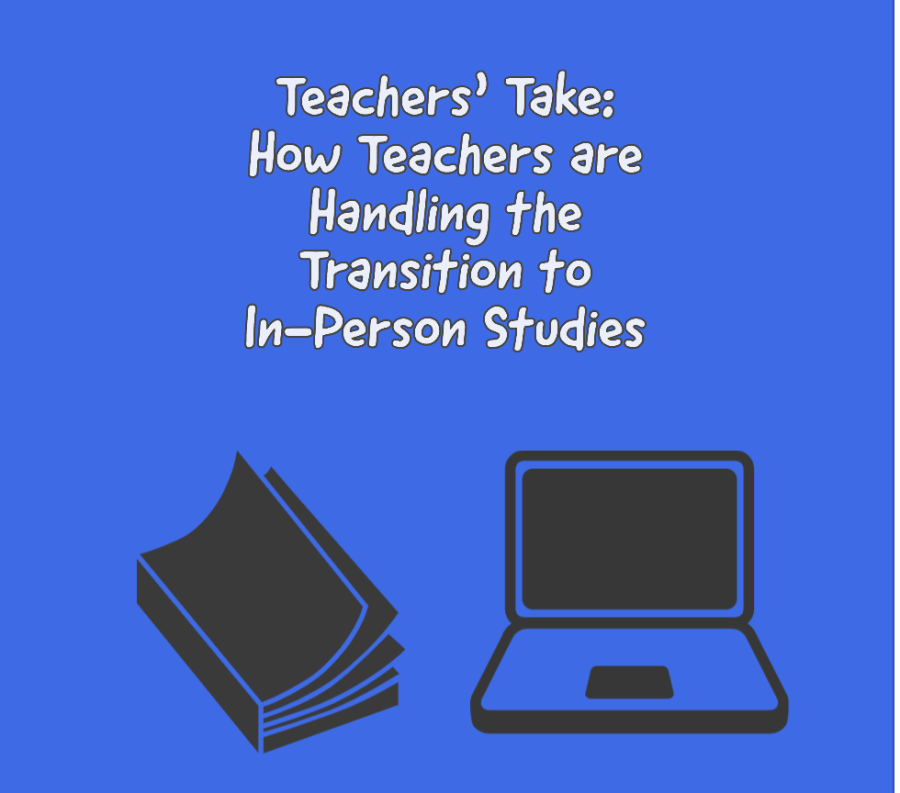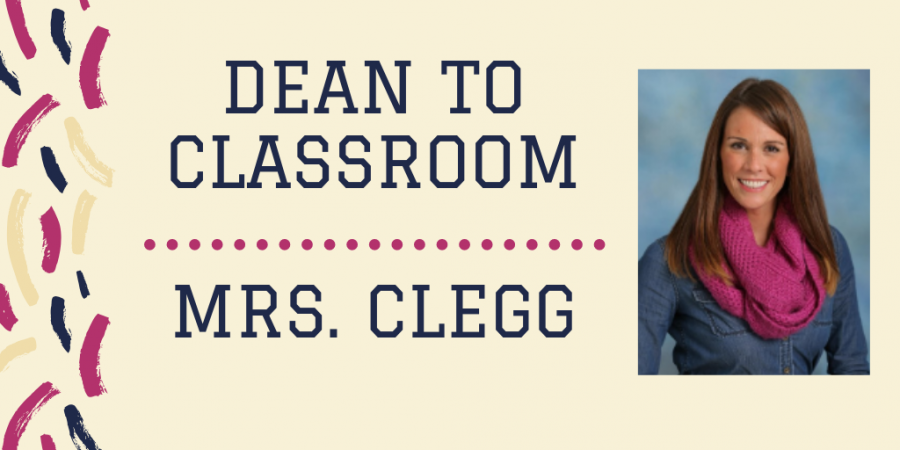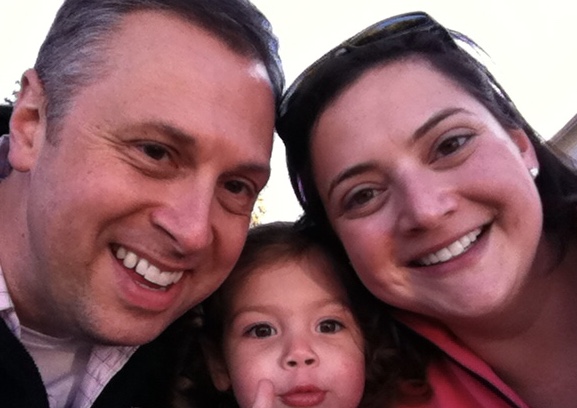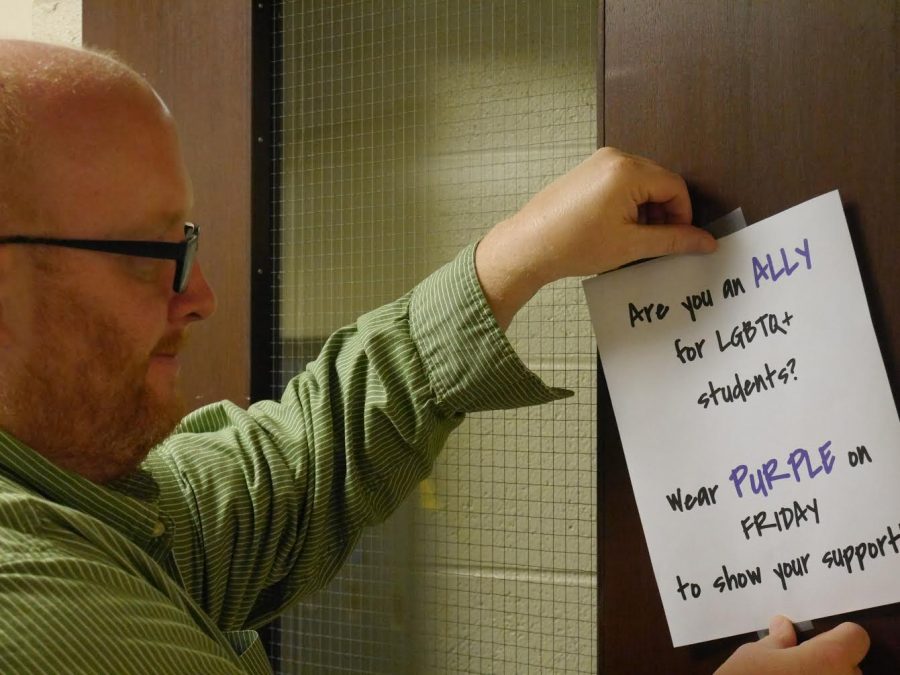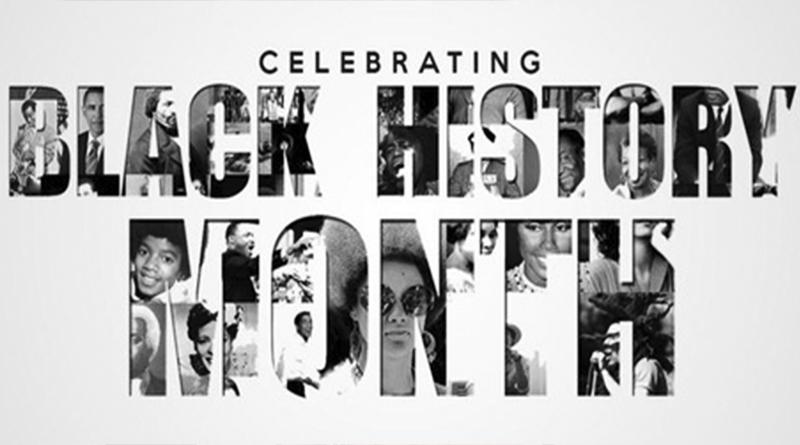 In 2007 Lake Forest High School allowed me to take an extra week and a half of Spring Break in order to be part of an American entourage touring Vietnam with the Venerable Tich Nhat Hanh. Tich Nhat Hanh, or as his followers call him, Thay (pronounced “tie” means teacher), was expelled from Vietnam in the 1960’s and now he was returning for only the second time in more than 40 years. I kept a journal during that trip and here is one about a cultural experience and one that sums up my experience after the trip was over.
In 2007 Lake Forest High School allowed me to take an extra week and a half of Spring Break in order to be part of an American entourage touring Vietnam with the Venerable Tich Nhat Hanh. Tich Nhat Hanh, or as his followers call him, Thay (pronounced “tie” means teacher), was expelled from Vietnam in the 1960’s and now he was returning for only the second time in more than 40 years. I kept a journal during that trip and here is one about a cultural experience and one that sums up my experience after the trip was over.
Vietnam Journal: Haircut
Cultural Experience: hair cut in Vietnam. With all the ratting around before leaving LFHS behind, I did not get around to a hair cut. Finally, succumbing to the sodden air and heat, I go around the corner to a barber shop. It’s a little space the size of a rental storage locker and it’s wall papered with what look like the day’s baked potato foils from a busy steakhouse. For some reason there’s a six inch Judy Jetson doll hanging from the mirror. I had been across the street at what I thought was a hair cutting place, making scissoring motions with my index and middle fingers. A blank look and a no from the proprietors of the salon-like place. But a lady across the street sees me and calls me over. “Cut hair? Cut hair?” and points to this little place. A girl in her late teens says she’ll cut my hair for 15,000 Dong. (It sounds like 50,000 the way she pronounces her English.) Soon there are two women and a 14-year-old boy staring in fascination. The mother of the girl, perhaps, pats my belly. The Vietnamese are openly and unabashedly fascinated by fat Americans. I’ve seen them literally point and laugh at me. Then the boy touches my arm. “White skin,” the barber says. Then he touches my belly. I want to say: “But I’ve lost weight! I don’t want to be fat.” The Vietnamese eat healthy.” (Really, they eat vegetables and noodles – or vegetables and noodles, for variety.) This belly-touching thing is getting to be very humiliating for me. Here, I am the Other; here, the “They” have the privilege of homogeneity that I do not. It’s a bracing role reversal, like a glacial bucket of water to the entitled American Male Soul. No chicken soup for you!
So I have dong in too large a denomination — or two bills that add up to only 12 of the 15,000 we agreed upon. Ah, but they get a gander at my wallet and start a chorus of “Dollar! Give me dollar. One dollar.” So I got this one dollar Vietnamese hair cut now and it’s not half bad. The Judy Jetson doll was a present, the barber said. I feel like George, the dufus husband in the Jetson’s cartoon when he gets stuck on the dog walking treadmill: “Help! Jane! Somebody stop this crazy thing!”
An Essay on Meditation Practice from my Vietnam Travel Journal
 Most of this journal was written practically at the same time or within hours of events as I felt them. It is not, then, “Experience recollected in tranquility.” By writing them down, I have given fleeting moments of emotional states a permanence they do not deserve. To a large extent, as I participated in this Buddhist delegation, this pilgrimage really, I have resisted it, held it at arm’s length, and more than a little ridiculed certain aspects of it. Before this rapidly ending experience is irrevocably past, what is the rock bottom I can sign on to with Buddhism? I believe in the emotionally transforming power of mindfulness. I believe we need to be aware of the suffering we cause by living the way we do in the West. I believe in the transforming power of seeing, feeling — experiencing my Being as a body state. Not “Why are you angry, who or what ‘made’ you angry?” but “How does anger feel?” as a body state?
Most of this journal was written practically at the same time or within hours of events as I felt them. It is not, then, “Experience recollected in tranquility.” By writing them down, I have given fleeting moments of emotional states a permanence they do not deserve. To a large extent, as I participated in this Buddhist delegation, this pilgrimage really, I have resisted it, held it at arm’s length, and more than a little ridiculed certain aspects of it. Before this rapidly ending experience is irrevocably past, what is the rock bottom I can sign on to with Buddhism? I believe in the emotionally transforming power of mindfulness. I believe we need to be aware of the suffering we cause by living the way we do in the West. I believe in the transforming power of seeing, feeling — experiencing my Being as a body state. Not “Why are you angry, who or what ‘made’ you angry?” but “How does anger feel?” as a body state?
Hold your anger like a baby, Thay says. Have you ever held an angry baby? Their tiny back muscles tense up like cords and they reveal surprising strength. They become red and you can feel them get physically hotter. Their eyes positively squirt tears and their little faces contort into a mask of suffering. They are hungry; their bottoms are sore and burning; their clothes have pinched them, or an unfamiliar sound has startled them. So I am trying to learn to hold my anger like a baby. It’s a koan; it’s radically simple; it’s maddeningly vague; it’s profound. I believe in learning what this means.
I am learning to follow my breath — that primordial body-state — and it does allow one to let go of the mental formations that I love so much, that are my quest, that I am so proud of having mastered I want to create my own mental formations. But being-in-the-body by following the breath has allowed a lot of the body states associated with negative emotions to ease or sometimes vanish. Put this way, all this meditations stuff sounds like simple, common sense; it’s even rather scientifically materialist — something Thay never fails to celebrate. The very subtle, very simple feeling of well-being, a sort of grounding that meditation can bring — I believe in that. Sure. Sign me up. This much I can commit to.
 The benefits of Buddhist practice rarely will give the rush of pleasure that a good, stiff drink will provide. It won’t give the soporific (that sleepy feeling) pleasure of a t-bone and baked potato with sour cream. It won’t. I promise it won’t. It can’t. But there’s a calm, steady (call it “low-grade” if you must) sense of well being. It flattens out the highs (and lows) for a baseline that feels like contentment. I have especially been feeling this today. I felt it a few years ago at Deer Park [Thay’s monastery in California where I had gone on a retreat]. It is a small, good thing in this day and age.
The benefits of Buddhist practice rarely will give the rush of pleasure that a good, stiff drink will provide. It won’t give the soporific (that sleepy feeling) pleasure of a t-bone and baked potato with sour cream. It won’t. I promise it won’t. It can’t. But there’s a calm, steady (call it “low-grade” if you must) sense of well being. It flattens out the highs (and lows) for a baseline that feels like contentment. I have especially been feeling this today. I felt it a few years ago at Deer Park [Thay’s monastery in California where I had gone on a retreat]. It is a small, good thing in this day and age.

